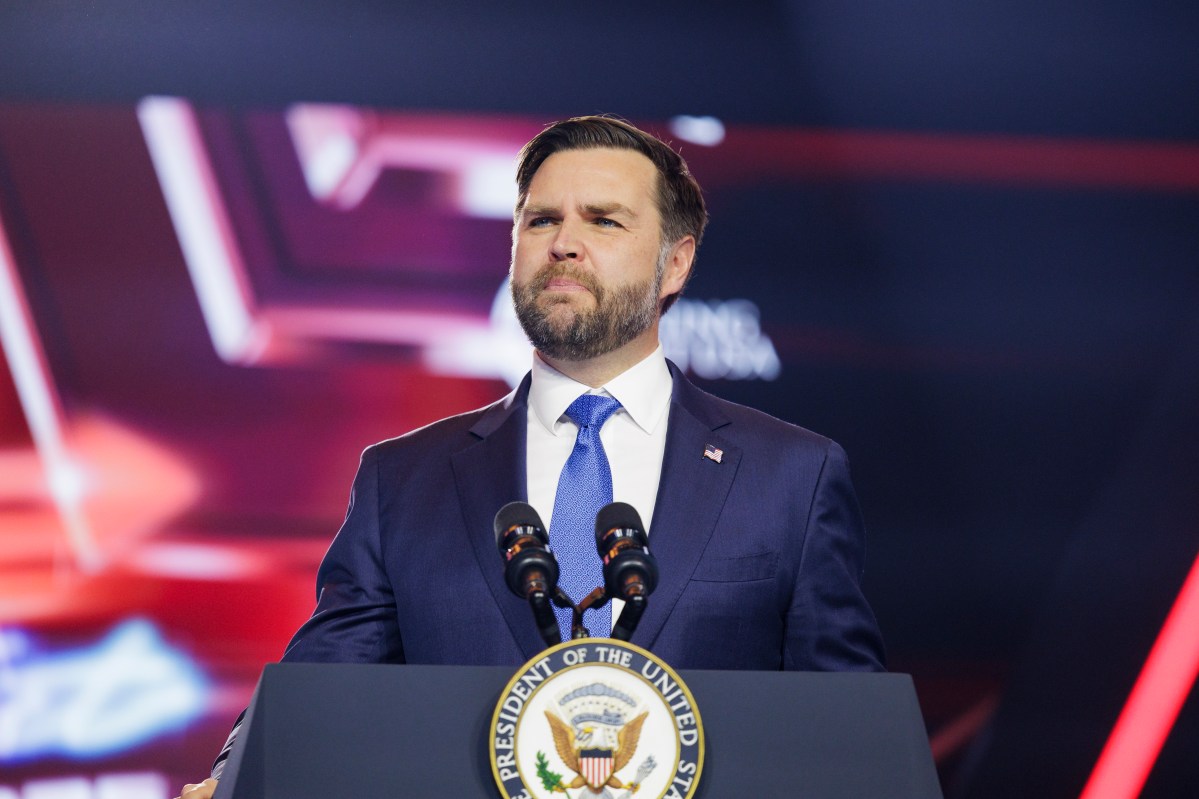Australian Paediatrician Urges Evidence-Based Health Decisions

Dr. Mike Freelander, a paediatrician and federal MP for Macarthur, has called on Australians to rely on scientific evidence when making healthcare decisions, particularly regarding autism and medication use during pregnancy. With nearly 40 years of experience and over 200,000 patients treated, Dr. Freelander emphasizes the importance of understanding the complexities of autism and its causative factors.
Autism is a multifaceted disorder that can manifest in various ways and severities. While genetic disorders such as Angelman syndrome, Smith-Magenis syndrome, and Williams syndrome can result in autistic features, the majority of autism cases have no identifiable cause. Increased diagnoses in developed countries can be attributed to improved detection methods rather than a rise in prevalence.
The paediatrician highlighted a troubling trend in misinformation surrounding autism, particularly claims linking vaccines to the disorder. He pointed to discredited arguments made by individuals like Robert F. Kennedy Jr., which have led to significant public anxiety and adverse health consequences.
Dr. Freelander expressed concern over recent comments made by US President Donald Trump suggesting a potential connection between the use of paracetamol (known as acetaminophen in some regions) during pregnancy and the development of autism. He firmly stated that no credible evidence supports this claim. The largest studies conducted in Sweden and Japan have disproven any causative effect.
The paediatrician underscored the importance of paracetamol as a safe medication during pregnancy, with regulatory bodies such as Australia’s Therapeutic Goods Administration (TGA) and counterparts in the UK affirming its safety based on rigorous scientific assessment. He urged the public to trust established regulatory frameworks, which provide evidence-based guidance for healthcare decisions.
Dr. Freelander cautioned that misinformed comments on autism and its causative mechanisms can exacerbate anxiety among parents and lead to inappropriate health decisions. He stressed the necessity for timely evaluation of scientific evidence and the importance of listening to qualified experts in the field.
“The comments made by the US president and health secretary reflect a failure to engage with scientific research and have the potential to cause significant distress,” Dr. Freelander remarked. He concluded that Australia is fortunate to have high standards in regulatory systems and that citizens should trust the expertise behind them.
In a rapidly changing healthcare landscape, Dr. Freelander’s insights serve as a reminder of the need to prioritize scientific evidence over unsubstantiated claims, ensuring that health decisions are informed by reliable information.






